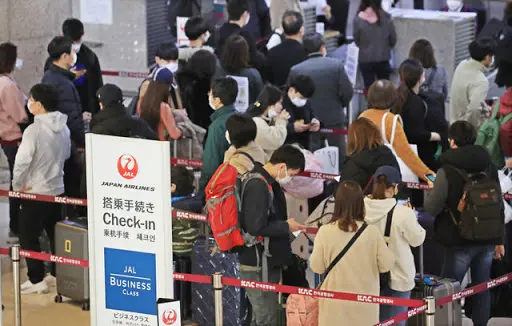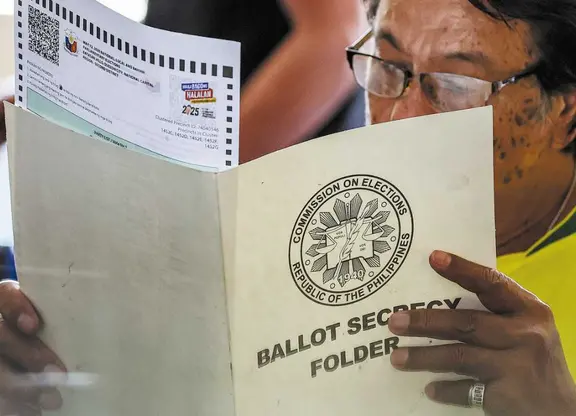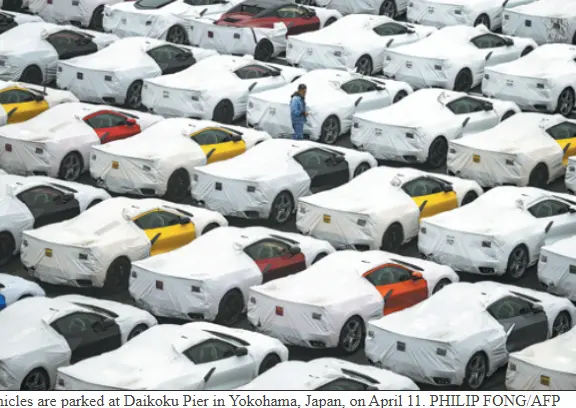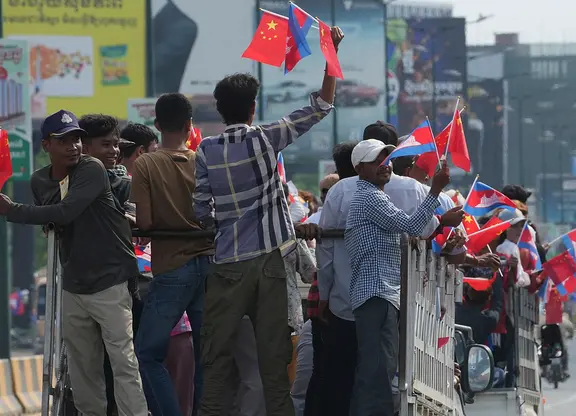By APD writer Alice
Japan’s decision on March 5 to impose a 14-day quarantine on travelers arriving from South Korea due to the novel coronavirus will have significant impacts on not only the two countries’ already precarious relationship, but also the South Korean public and economy as a whole, according to South Korea’s Hankyore daily.Japan’s abrupt decision was made without sufficient prior discussions with the South Korean government.
Japan, considered the most attractive destination for South Koeans, had banned entry to foreigners who had visited Daegu and Cheongdo county since Feb. 27, and just a week later it decided to up the ante by extending entry restrictions to all from South Korea.
It appears that Japan didn’t take enough time to consult with the South Korean government before making a major decision that would have a direct impact on South Korea. “We hadn’t received any official notification in connection with this from the Japanese government,” a South Korean official said.
As Japan is most frequently visited by South Koreans, this measure will cause considerable harm to South Koreans. Last year, Japan welcomed 5.58 million South Koreans, a considerable number despite a 26% year-on-year decrease resulting from a consumer boycott triggered by a spat between the two countries. South Koreans travel to Japan not only for sight-seeing but also to pursue academic studies, conduct business At first, more than 170,000 Koreans studying in Japan, many of whom are likely to still be in South Korea, will face difficulties as a new school year is due to start in April.
In the context that more countries are restricting entry to people from South Korea because of the novel coronavirus outbreak, Japan’s decision is expected to make South Korea’s situation get even worse. Tokyo’s decision creates another major obstacle for South Korea-Japan relations overall, as the two countries continue thorny deliberations about the issue of Korean victims of forced labor during the Japanese colonial occupation and about Japan’s export control on South Korea.At a time when South Koreans are upset with Japan, this measure is likely to further inflame anti-Japanese sentiment.
South Korean businesses are on edge after the Japanese government’s announcement on entry restrictions on South Korean travelers. The South Korean government and experts are anticipating the possibility of the domestic economy suffering a severe shock if the entry restrictions drag out in the long term.
The aviation and travel industries will be most directly affected by the decision. Currently, Korean Air has suspended seven of the 17 Japan routes it had in place just before the coronavirus outbreak, while seven more have been reduced and three have been kept in place. The number of flights to Japan per week has already fallen from 202 to 105.
Companies involved in export and import transactions with Japan are not expecting the suspension of personal exchange to have an immediate major impact on material trade, but their apprehensions are also apparent. LG Electronics said, “We have a local sales agency in Japan, so we have not experienced any difficulties until now, but if the restriction measure lasts for a long term, we could face more difficulties in duties that require meetings and discussions for things like local procurement of parts.”
According to figures from KITA, South Korea’s trade with Japan last year amounted to US$76 billion, with major exports including petroleum products, steel plates, semiconductors, and precision chemicals. The first- to fourth-ranked imports are semiconductors, semiconductor manufacturing equipment, steel plates, and plastics.
(ASIA PACIFIC DAILY)
 简体中文
简体中文
















